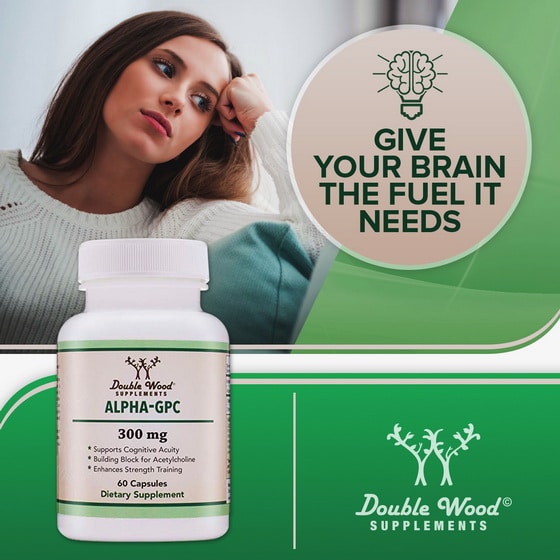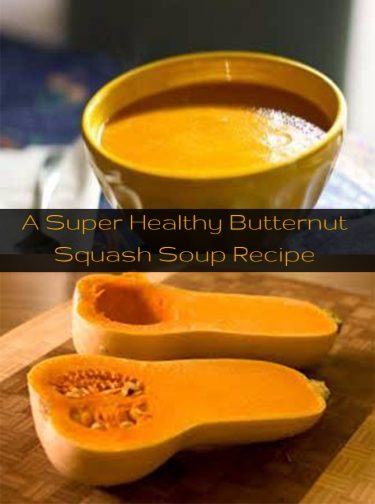Why is Butternut Squash So Good for You?
 Butternut squash is one of the most nutritious and healthiest vegetables you can eat, with a rich array of vitamins, minerals and antioxidants.
Butternut squash is one of the most nutritious and healthiest vegetables you can eat, with a rich array of vitamins, minerals and antioxidants.
It not only tastes great, it is also low in calories, yet surprisingly filling due to its high levels of dietary fiber for weight loss and digestive health.
Many people would do well to replace fattening potato products with the far healthier and nutritionally superior butternut squash. Here’s why.
Antioxidants in Butternut Squash
Butternut squash is loaded with antioxidant carotenoids to protect your body’s cells from free-radical damage that can lead to cancer and skin aging.
You’ve probably heard of beta-carotene before and, like many bright orange vegetables, butternut squash is a very good source of it. It is also one of the highest food sources of the rarer antioxidants beta-cryptoxanthin and alpha carotene.
Research has show alpha-carotene to have significantly better anti-carcinogenesis activity (the ability to prevent the spread of cancer cells) than the more well-known beta-carotene. While beta-cryptoxanthin research suggests a regular intake can reduce your risk of developing arthritis and lung cancer.
 Magnesium L Threonate (Magtein) | Highly Bioavailable Form for Healthy Sleep Habits and Improved Cognitive Function + Memory | 2,000 mg, 100 Capsules, Best Value
Magnesium L Threonate (Magtein) | Highly Bioavailable Form for Healthy Sleep Habits and Improved Cognitive Function + Memory | 2,000 mg, 100 Capsules, Best Value
A study by the University of Manchester, with more than 25,000 people, found that those with the highest intake of beta-cryptoxanthin in the diet were only half as likely to develop arthritis over a 7 to 15 year period as those with a lower intake.
Another pooled analysis study published in Cancer Epidermiology Biomarkers and Prevention analyzed nearly 400,000 people for up to 16 years. It found that a high intake of beta-cryptoxanthin reduces the risk of lung cancer by more than 30%.
Good for Your Eyes
Butternut squash nutrition is also a great source of two other powerful antioxidants known as zeaxanthin and lutein, which are especially good for protecting your vision.
Your body concentrates these two carotenoids in the macular region of your eyes where they protect your vision from damaging UV and blue light radiation.
The more zeaxanthin and lutein you have in your diet, the lower your chance of developing cataracts and age-related macular degeneration, leading to blindness later in life.
In the shorter term, the symptoms of poor dietary intake of lutein and zeaxanthin include eyestrain, dry eyes, inability to make out fine details and deteriorating vision.
Butternut Squash Vitamins and Minerals
While most nutritional information on butternut squash list them as particularly high in vitamin A, it is in fact only potential vitamin A. The antioxidant beta-carotene and, to a lesser extent beta-cryptoxanthin and alpha carotene, can be converted to vitamin A if your body is low on this essential nutrient.
Other vitamins that butternut squash is good for are vitamin C, vitamin E and vitamin K. It also contains most of the B vitamins, including thiamine, riboflavin, niacin, folate, pantothenic acid and pyridoxine.
Butternut squash health benefits also include important minerals like magnesium, manganese, iron, copper, potassium, calcium, phosphorus and zinc. If you value good nutrition in your diet then it’s well worth eating butternut squash regularly.
Low Calories and Fiber for Losing Weight
Butternut squash is one of the healthiest vegetables for weight loss with its low calories and high levels of dietary fiber.
There’s around 6 grams of primarily insoluble fiber in a cup of butternut squash and eating them is known to be especially beneficial for relieving digestive problems such as constipation.
In spite of their rich and buttery taste, butternut squash is very low in calories. They’re only around 75 calories in one cup of butternut squash, which makes them one of the ‘negative calorie’ foods considered so good for weight loss.
Many people do worry too much about calories though. By and large, that whole process of counting calories, restricting fat intake and starving the body with a restrictive diet has failed most people and will continue to do so.
It’s far better to eat more of the right kind of fat burning foods if you’re serious about long-term weight loss. Butternut squash is a good vegetable to start with and swapping it fattening high carb foods can do wonders for your waistline.
Butternut Squash Nutrition Versus Potatoes
Butternut squash is far higher in antioxidant content and most vitamins and minerals that the more common potatoes. They also have more fiber and far less calories so are much better for weight loss too.
In fact, the health benefits of butternut squash makes it a far better for you than potatoes in just about every nutritional measurement. Now that you know butternut squash is so healthy and such a good potato alternative, make sure it’s on your shopping list more often in the future.
Do you like to eat butternut squash and do you have any favorite ways to have them? Personally, I prefer steaming them like this as it’s the healthiest way to cook butternut squash and maintains as much nutrition in them as possible.
Once they’re steamed, the rich flavor of butternut squash goes well in many different types of dishes. My favorite though, particularly over the colder months, are rich soups like this super healthy butternut squash soup recipe.
 Tired All the Time and Low on Energy? | Alpha-GPC Supports Cognitive Function, Memory, Motivation, Stamina and Strength | USA Made, Third-Party Tested. Lowest Price
Tired All the Time and Low on Energy? | Alpha-GPC Supports Cognitive Function, Memory, Motivation, Stamina and Strength | USA Made, Third-Party Tested. Lowest Price

As an Amazon Associate I may earn from qualifying purchases at no cost to the consumer | Information presented here is for educational purposes only. The content is not intended to be a substitute for professional advice. Statements made have not been evaluated by the FDA and are not intended to diagnose, cure, treat or prevent any condition. Consult your GP before making dietary changes or taking supplements.




